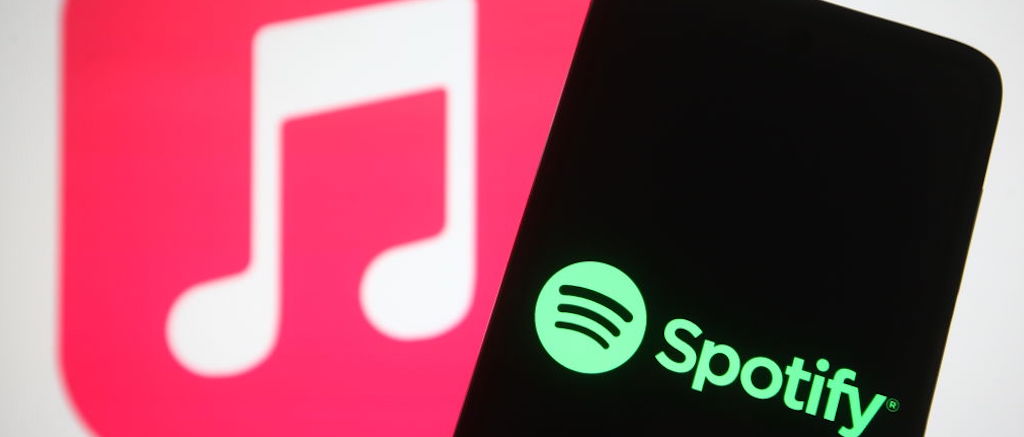Streaming services like Spotify and Apple Music have made music consumption easier than ever. The issue, though, lies with how artists are paid by the platforms. In short, there are often complaints. Now, there are lawmakers who want to do something about that.
Yesterday (March 6), congresswoman Rashida Tlaib and congressman Jamaal Bowman (founder of the Congressional Hip Hop Task Force) introduced the Living Wage For Musicians Act. Per a post on Tlaib’s website, the legislation, created in partnership with United Musicians And Allied Workers (UMAW), aims “to compensate artists and musicians more fairly at a penny per stream when their music plays on streaming services.”
The post goes on to note, “Currently, musicians make tiny fractions of a penny per stream, while streaming has grown to represent 84% of recorded music industry revenue in the US. Spotify, the world’s largest streaming service, pays rights-holders an average per-stream royalty of $0.003, which means it takes artists more than 800,000 monthly streams to equal a full-time $15/hour job.”
So, essentially, Tlaib and Bowman hope to more than triple the current per-stream royalty currently paid out by Spotify.
More specifically, the post explains:
“The Living Wage for Musicians Act would tax providers’ non-subscription revenues and add a small fee to the price of music streaming subscriptions. DSPs like Spotify offering interactive music streaming services would pass their taxed revenues and royalties to a non-profit collection and distribution fund, that would in turn pay artists in proportion to their monthly streams. The bill includes a maximum payout per track, per month, in order to generate more sustainable income for a broader and more diverse set of artists beyond the world’s most popular performers. […] By creating a fund that directly compensates recording artists and musicians, the bill will allow vastly more artists to achieve a living wage from music, enabling them to pay rent, raise a family, buy a home, and invest in their future.”







